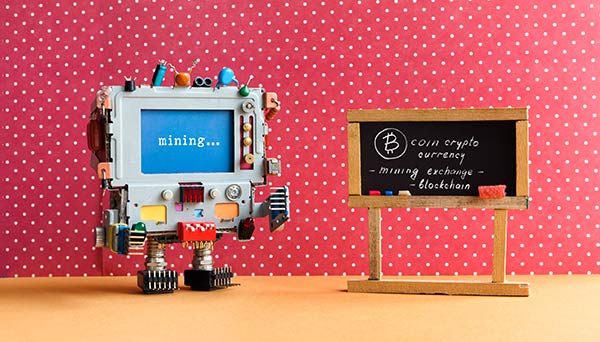Blockchain technology offers confidence and efficiency in multiparty operations with ERP. With the combination of Blockchain technology and ERP, organizations can more easily handle multiparty operations.

Blockchain, the distributed ledger technology that rose to prominence on the coattails of the cryptocurrency craze, has plenty of potential to bolster enterprise software platforms like ERP as a way to add layers of trust and efficiency to transactions that span diverse, multiparty networks.
ERP and blockchain
Although applications are still in the formative stages, enterprise software vendors and industry experts see blockchain as a natural complement to ERP, serving as a secure layer and immutable record for data shared extensively throughout a disparate supply chain. In addition, with a higher level of integrity established, ERP and blockchain can work together to automate certain manual, time-consuming tasks — for example, triggering invoices or payments — during the course of workflows that support cross-company interactions.
Based on blockchain’s promise for automating and authenticating transactions across complex supply chains, market intelligence firm Tractica sees big market potential over the next few years. The company forecasted increasing adoption of enterprise blockchain to create a market surge from $4.6 billion in 2018 to $20.3 billion by 2025.
While ERP automates internal processes, once the use case transcends a company’s “four walls” and its own systems, existing platforms fall short. Each company in a supply chain operates its own ERP system, typically as a silo, which impedes traceability and limits the possibility of automation for multiparty transactions. In fact, experts say the value of blockchain paired with ERP increases, along with the complexity of the supply chain.
“Blockchain is a natural fit with ERP in that it takes to a whole other level the concept of traceability of data and being able to track how things move through a complex supply chain,” said Eric Kimberling, CEO and founder of Third Stage Consulting Group, an ERP consultancy. “ERP has always done that, but blockchain provides a more effective and efficient way.”
The new ERP avatar
For real-time transactions that span multiple parties, ERP always had limitations given that enterprise data exists within individual companies’ ERP silos. That makes it difficult to share information, particularly granular data, with others in the partner ecosystem without complex and burdensome integration efforts, experts say.
“One of the biggest criticisms of ERP is data transparency — the ability to view data securely and safely and expose it in the same fashion to others,” said Prasad Satyavolu, chief digital officer and consulting leader for manufacturing, logistics, energy and utilities for IT services company Cognizant. “ERP on blockchain could be the next avatar of ERP. It provides an ability to transact with a vast network of smaller suppliers in a network without establishing an EDI [Electronic Data Interchange] infrastructure.”
Get 2019 ERP Pricing: 45 different ERP systems profiled including Epicor, Microsoft, SAP and more. Click to download your free guide.







